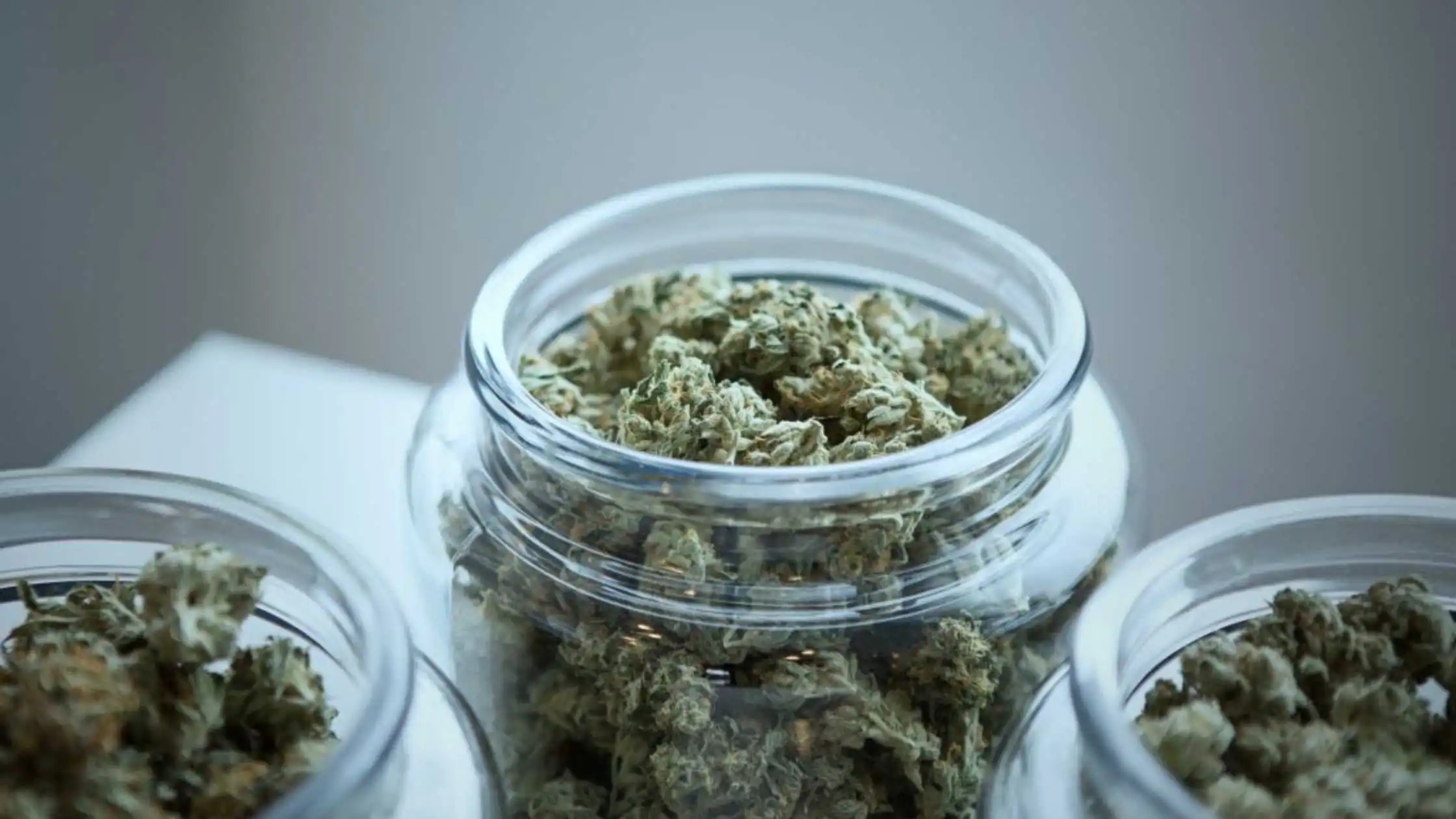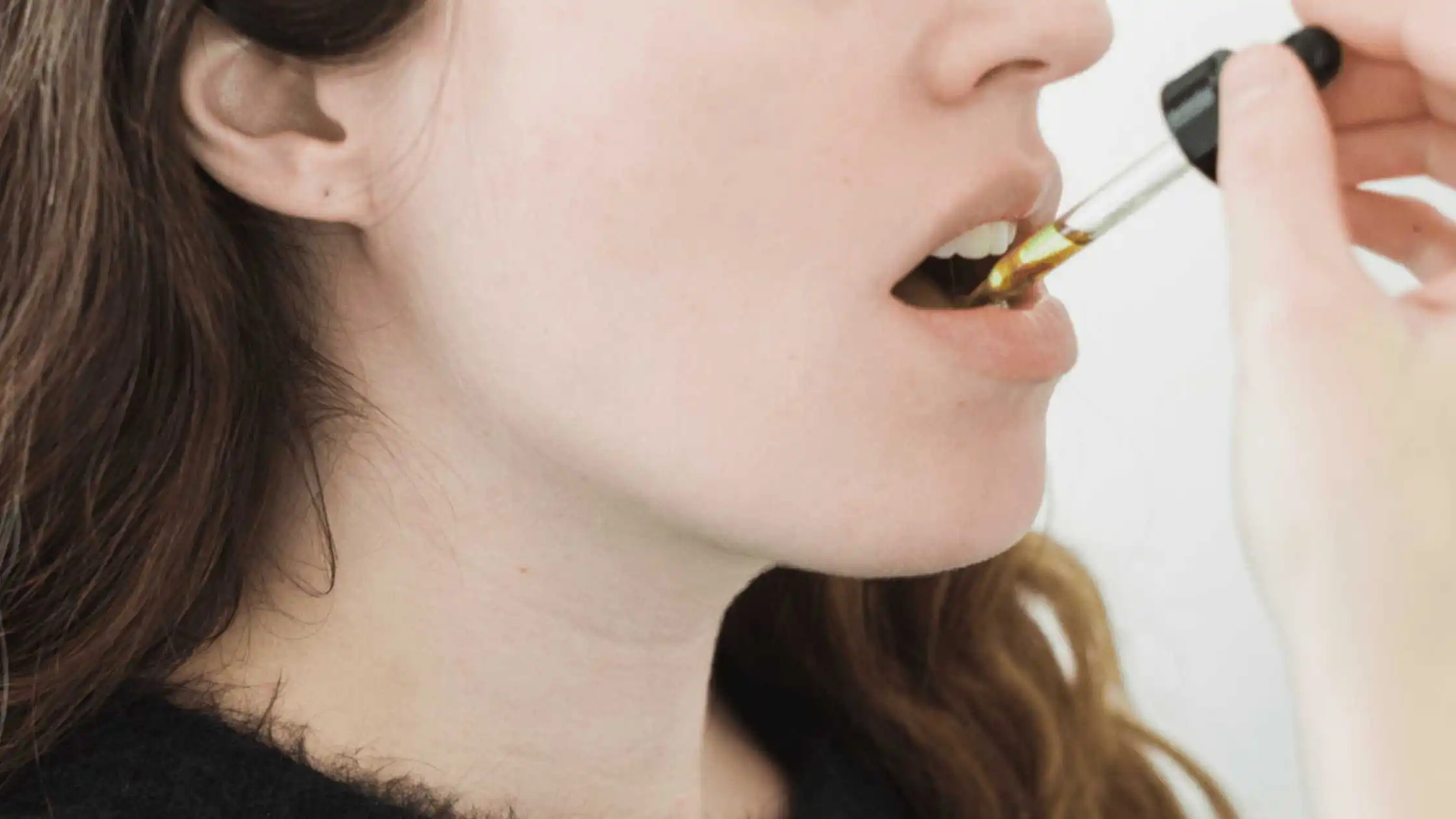As New York prepares the launch of its adult-use marijuana market, the state Office of Cannabis Management (OCM) announced on Monday a significant expansion of the existing medical cannabis program.
Now, doctors will be able to issue medical marijuana recommendations to people for any condition that they feel could be treated by cannabis rather than rely on a list of specific eligible maladies. Physicians were granted that discretion through the state’s recreational marijuana law that was enacted last year.
The expansion is possible as part of OCM’s new Medical Cannabis Program certification and registration system.
“It is terrific to see the Medical Cannabis Program expand so vastly with the launch of the new certification and registration program and the ability of practitioners to determine qualifying conditions as included in the MRTA,” Cannabis Control Board (CCB) Chair Tremaine Wright said in a press release.
“The new cannabis industry is taking shape as we continue to implement the MRTA and provide greater access for New Yorkers to a medicine that we’re learning more about every day,” Wright said. “We’re continuing to move forward swiftly, and today’s system launch follows our achievements, which include adding whole flower medical product sales, permanently waiving $50 patient fees, and advancing home cultivation regulations, among others.”
Late last year, CCB voted unanimously to advance a policy change to allow medical cannabis patients in the state to grow plants for personal use, another change made possible by the broad legalization law that was enacted.
In November, regulators also approved rules for the state’s cannabinoid hemp program, notably clarifying that flower from the crop can be sold, but delta-8 THC products are currently prohibited from being marketed.
“Launching the new patient certification and registration system and expanding eligibility for the Medical Cannabis Program are significant steps forward for our program,” OCM Executive Director Chris Alexander said. “We will continue to implement the MRTA and ensure that all New Yorkers who can benefit from medical cannabis have the access they need to do so.”
“It’s important for New Yorkers to know that even as we shift the medical program to the OCM, your access will not be disrupted, and the program will continue to expand,” he stressed.
While marijuana retailers have yet to launch in New York, the legalization law signed by former Gov. Andrew Cuomo (D) already permits adults 21 and older to possess and publicly consume cannabis. Meanwhile, lawmakers in the state have been working to build upon the reform.
For example, a New York senator filed a bill last month to make it so that gay, lesbian and bisexual people can qualify as social equity applicants under the state’s marijuana law.
Sen. Jeremy Cooney (D) introduced the legislation shortly after filing a separate bill to include transgender and non-binary people in the cannabis social equity program. He’s also behind other recent marijuana reform proposals related to cannabis business tax benefits and licensing.
In July, Cooney filed a bill to create a provisional marijuana licensing category so that farmers could begin cultivating and selling cannabis ahead of the formal rollout of the adult-use program.
Cooney also sponsors a newly filed bill to allow licensed cannabis companies to deduct certain business expenses on their state tax returns.
Gov. Kathy Hochul (D), who replaced Cuomo after he resigned amid a sexual harassment scandal, has repeatedly emphasized her interest in efficiently implementing the legalization law.
Hochul released a State of the State book earlier this month that called for creating a $200 million public-private fund to specifically help promote social equity in the state’s burgeoning marijuana market.
The governor said that while cannabis business licenses have yet to be approved since legalization was signed into law last year, the market stands to generate billions of dollars. It’s essential to “create opportunities for all New Yorkers, particularly those from historically marginalized communities.”
That proposal was also cited in Hochul’s executive budget, released last week. The budget estimated that New York will generate more than $1.25 billion in marijuana tax revenue over the next six years.
The state Department of Labor separately announced in recent guidance that New York employers are no longer allowed to drug test most workers for marijuana.
Meanwhile, a New York lawmaker introduced a bill in June that would require the state to establish an institute to research the therapeutic potential of psychedelics.
Another state legislator filed legislation last month to legalize psilocybin mushrooms for medical purposes and establish facilities where the psychedelic could be grown and administered to patients.
Disclaimer: https://www.marijuanamoment.net/new-york-doctors-can-now-recommend-medical-marijuana-to-patients-for-any-condition-they-see-fit




